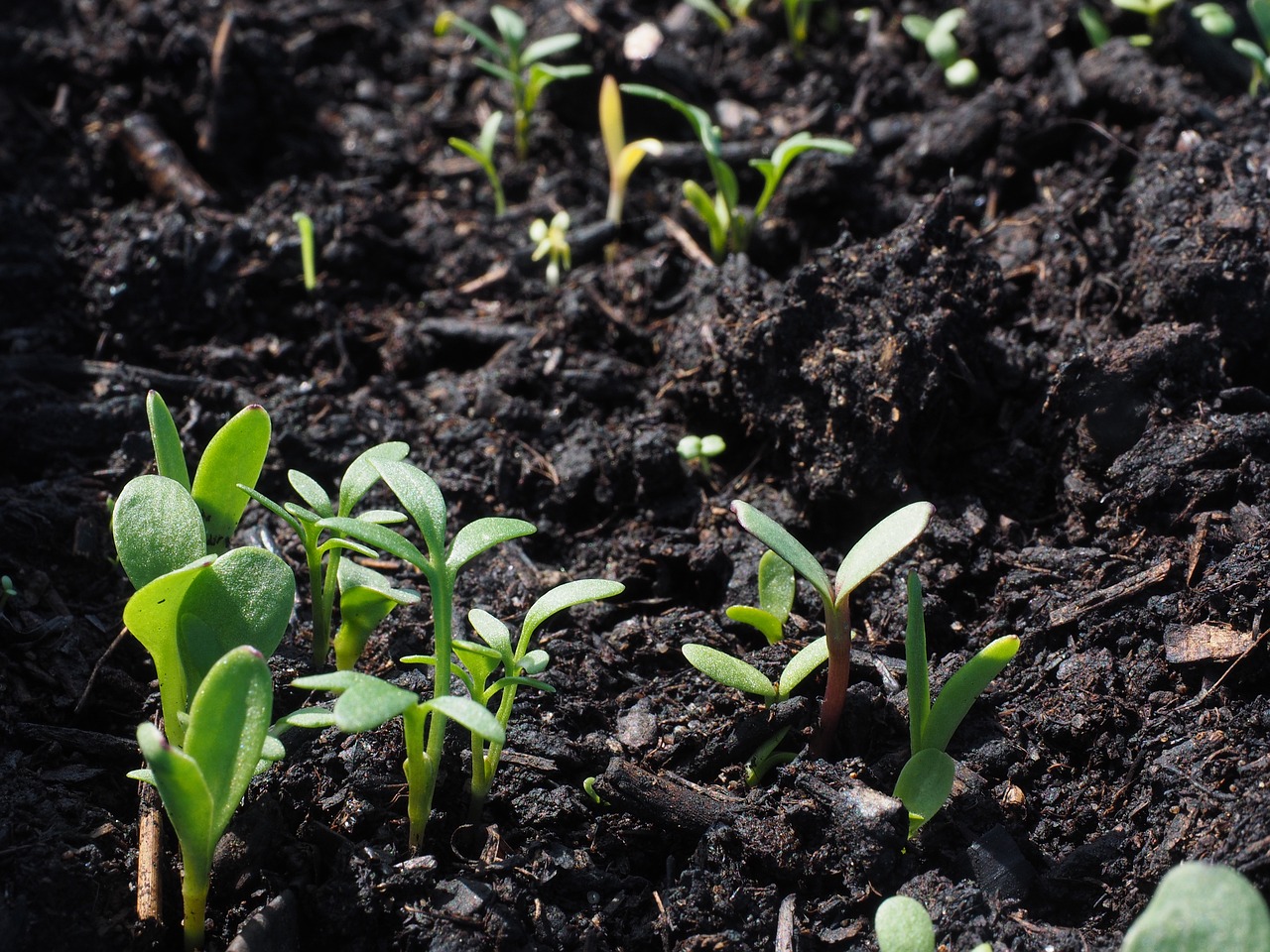
The agricultural sector in Central Eastern Europe (CEE) is at a crossroads with the advent of genome editing technologies like CRISPR. This cutting-edge science offers the potential for groundbreaking advancements in crop improvement and disease resistance. However, the application of these gene-editing tools is met with a mixture of scepticism and cautious optimism in the region.
CRISPR (Clustered Regularly Interspaced Short Palindromic Repeats) and similar gene-editing technologies enable precise alterations to a plant’s DNA. This could mean creating crop varieties that are more resistant to diseases, pests, and harsh environmental conditions, or enhancing nutritional content. For example, researchers in Poland are experimenting with CRISPR to develop hardier versions of staple crops like wheat and barley, aiming to increase resilience against cold and drought.
Similarly, in Hungary, there is research focused on using gene-editing to boost the natural disease resistance in local grapevine varieties. Such advances could prove invaluable in a region where agriculture is often at the mercy of fluctuating weather patterns and evolving pestilences.
Despite these potential benefits, the deployment of genome editing in agriculture is approached with a degree of wariness in CEE. Concerns revolve around the ethical implications of tampering with natural genetic structures, potential long-term environmental impacts, and the unknown effects on human health. Moreover, there is apprehension about fully embracing a technology that could potentially lead to dependence on a few large biotechnology corporations for seeds and agricultural inputs.
This scepticism, however, is counterbalanced by a recognition of the need for CEE agriculture to remain competitive and innovative. As such, there is a call for new investments in research and development in the field of genome editing. This investment is not seen purely in monetary terms but also in building robust regulatory frameworks, transparent research methodologies, and public engagement and education around the technology.
The hope is that with adequate investment and rigorous oversight, CEE can harness genome editing for sustainable agricultural practices. The region could develop crop varieties that not only boost yields and resilience but do so in a way that aligns with environmental and health standards.
The application of genome editing technologies like CRISPR in CEE’s agriculture is a subject of intense debate. While acknowledging the scepticism surrounding these technologies, there is also a recognition of their potential. Balancing these two viewpoints calls for careful investment in the technology, with an emphasis on stringent regulation, ethical considerations, and public dialogue, to ensure that the advancements in crop science align with the region’s economic, environmental, and social goals.






